Table of Contents
1. Cybersecurity Can Protect Your Business
The greatest advantage is that the best cyber security solutions can provide comprehensive digital protection to your business. In modern times, businesses rely heavily on data and the interconnectedness provided by the internet to operate effectively. While this has allowed productivity and efficiency to dramatically increase, it also leaves businesses vulnerable to the broad range of cyberattacks that are waiting to take advantage of unsecured access points.
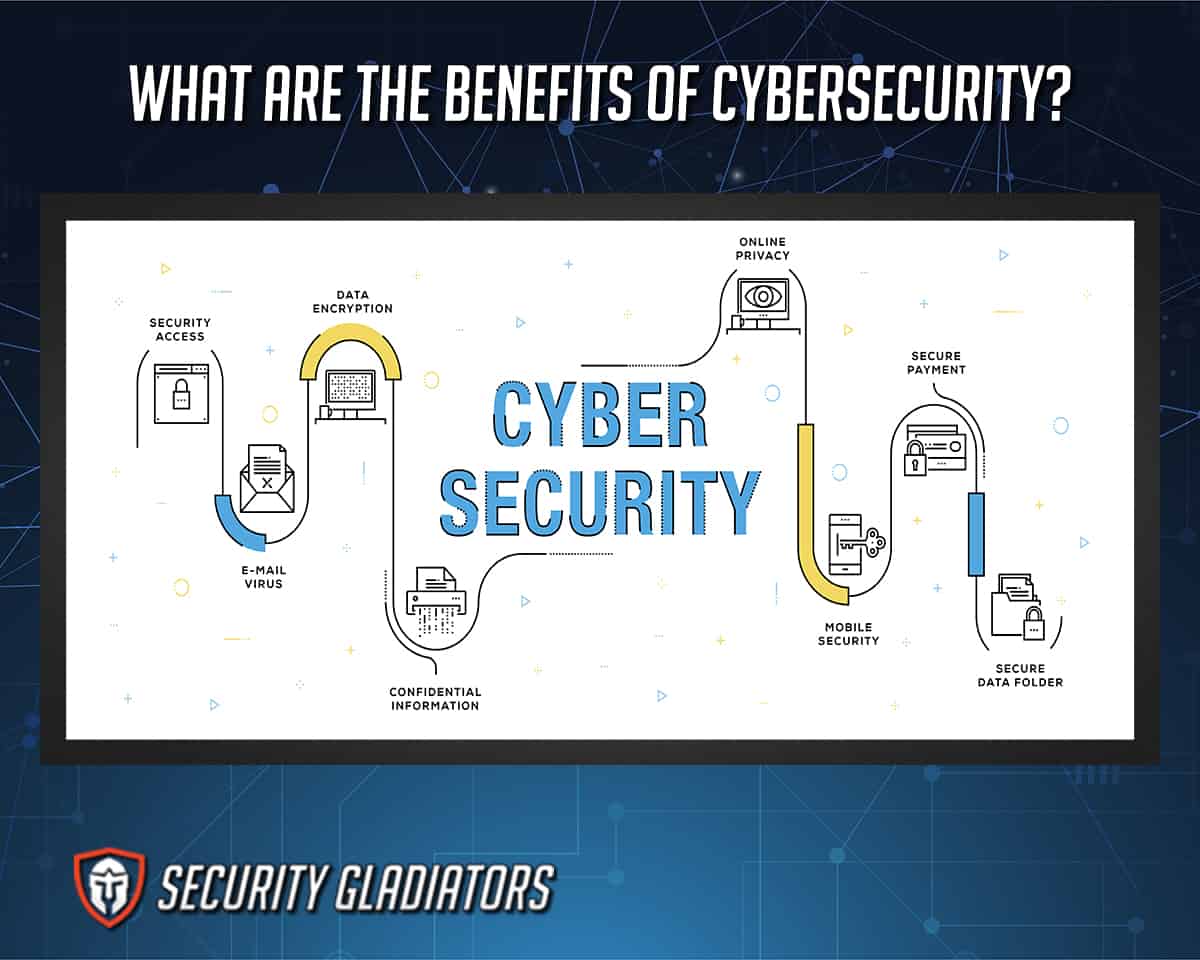
2. Cybersecurity Allows Employees to Work Safely
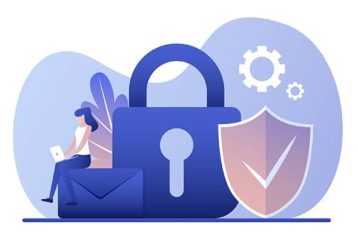
The theft of personal information is a threat faced by anyone who uses the internet, whether that usage is for work or leisure. While large companies are often targeted by cyberattacks, individual employees can also be targeted by hackers either to use them as a way to get into the business or to steal the employee’s information.
Phishing attacks often target employees by sending them official-looking emails that contain links to malicious websites. These sites request that the employee enter in some of their personal details, often including their usernames and passwords, which then leads to them or their employer being hacked. Cybersecurity solutions often include email protection that blocks emails containing phishing links and sends alerts when these emails are found. This feature can prevent significant data and financial losses that could be sustained by a business or its employees.
3. Cybersecurity Protects Productivity

Aside from the data losses and financial burden that can result from a cyberattack, the lost productivity can also be detrimental to a victimized business. Recovering from a cyberattack is a process that requires a significant amount of time, time that could have been spent improving your product, developing new products or upgrading your service.
With appropriate cyber security measures in place, your business will be protected from viruses and cyberattacks. If these attacks never happen in the first place, then time is never lost during the recovery process. Additionally, if your employees are not having to remain on constant alert to fight against cyberattacks, they can focus their attention on working towards the common goals of the company.
4. Cybersecurity Denies Spyware
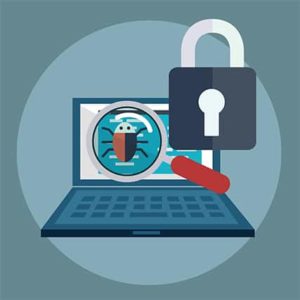
Spyware is malicious software that collects data on a user through their computer and sends the collected data to a third party. Some spyware is legitimate and is used for advertising purposes, but other types of spyware are nefarious and either sell the collected data or use it to initiate other types of attacks on the victim or their business.
Cybersecurity solutions help to block spyware by denying its access to your computer or your business’ computer system. By keeping the spyware from getting into the system in the first place, the cyber security tools protect the data of you, your employees and your business from spyware. The spyware’s creators will not be able to collect data and your information will remain confidential and secure.
5. Cybersecurity Prevents Adware
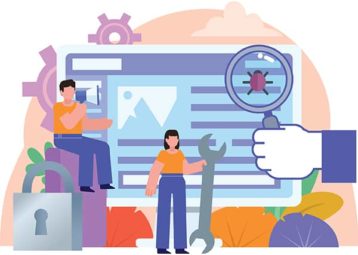
Adware, as its name may suggest, is a type of computer virus that bombards the user with advertisements. If the user accidentally clicks on one of the ads, they may be taken to a malicious website that installs viruses on their computer or a website that looks legitimate and asks for personal information to be entered. Even if the user does not click on one of the advertisements, their computer’s performance will still be significantly affected by the additional processing power it requires to load the ads.
6. Cybersecurity Protects Personal Information
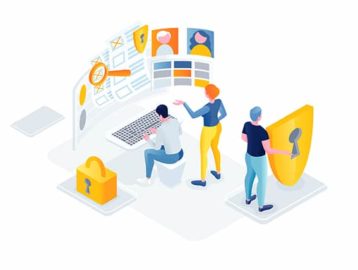
Over the past couple of years, data has become the world’s most valuable commodity. Given that fact, it is likely no surprise that there is a constant stream of hackers hoping to steal data and use it for profit. That data includes business data and personal information, including credit card information, addresses, names, dates of birth and other sensitive, confidential details.
Cyber security solutions keep hackers out and make it impossible for them to gain access to your details or those of your business. Hackers will be unable to get around high-quality cyber security tools and will not have the ability to steal your information and sell it.
7. Cybersecurity Supports Your Cybersecurity Expert
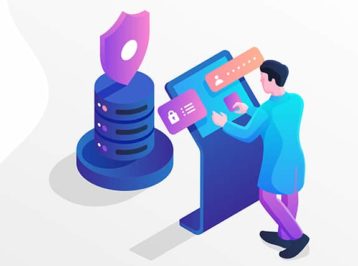
Cyber security is often reactionary, meaning that protection against certain types of hacks and attacks often does not exist until those hacks or attacks are carried out. This is because hackers are constantly looking for ways to steal data and will try every avenue, often ones that were not foreseen by cybersecurity experts, to get it.
While an attack may take a route not expected by your business’ cyber security expert, cybersecurity tools can still prevent the attack’s success. Effective cyber security solutions will severely limit the options that hackers have to steal your personal data or that of your business which means that your cyber security expert can focus on other, more vulnerable points of entry. Your cyber security expert will be able to work in tandem with the cybersecurity tools to provide comprehensive protection for you, your data and your business.
8. Cybersecurity Can Stop Your Website From Going Down

Distributed denial-of-service (DDoS) attacks are used by cybercriminals to overload a website’s servers and cause them to crash. This takes down the website and makes it unavailable to legitimate users, which can lead to a loss of business and revenue for the website.
Comprehensive cybersecurity solutions possess the ability to distinguish between legitimate and malicious web traffic. This ability allows these cyber security tools to block nefarious requests and keep the website running for real users. Websites may also be taken down if they are affected by other forms of attacks. Cybersecurity can also prevent these attacks and keep your website operational.
9. Cybersecurity Inspires Confidence in Your Customers
It can take years for a business to earn the confidence and trust of its customers, but all of that can vanish if a single cyberattack causes customers to have their data stolen. Payment details, usernames and passwords, real names, physical addresses and email addresses are all vulnerable to cyberattacks. With the right cybersecurity solutions in place, all of this data is protected against hacks and viruses, meaning that the trust that your business has earned from your customers will be protected as well.
10. Cybersecurity Minimizes Computer Freezing and Crashes
Technology is at the heart of nearly all modern businesses. While this has increased efficiency, it also means that if the computers responsible for business operations are freezing or crashing, the business can freeze or crash, too. These halts in business operations can be costly, especially if they are the result of a cyberattack. Cybersecurity tools can help to quickly recover from crashes and can prevent computers from freezing and crashing in the first place.
What Is the Prominence of Cybersecurity for Businesses?
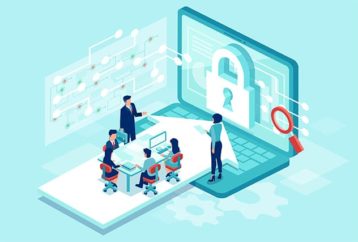
To understand why cybersecurity is so important for modern businesses, it is vital to understand the cybersecurity definition. Cybersecurity is a process that involves the protection of data, networks, systems, programs, businesses and individuals from cyberattacks. From this definition alone, the prominence of cybersecurity for businesses is clear.
The world has gone digital, meaning that there is an ever-increasing reliance on technology. This reliance forms the basis upon which cyberattacks are built. New threats are constantly appearing while older threats retain their ability to inflict damage. For this reason, it is vital that businesses make cybersecurity their top priority as the right solutions can mean the difference between another successful day of business and a total shutdown of operations.
What Are the Types of Cybersecurity Attacks?
Individuals and businesses alike can be the victims of cyberattacks. There is a broad variety of cybersecurity attacks, all of which attempt to steal data or disrupt the system, website, software, data or programs of an individual or organization. Some of the more popular types of cyberattacks are discussed below.
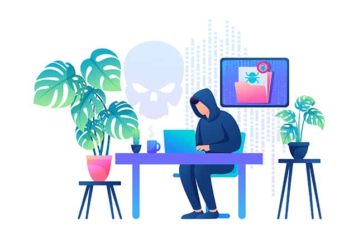
- Distributed Denial-of-Service (DDoS) Attack: The goal of this type of cyberattack is to deplete the resources and bandwidth of a particular network or server. Compromised devices are often used to carry out the attack, which involves bombarding a website’s servers with numerous illegitimate requests. This type of attack strains the website and can cause it to crash, rendering it unavailable for legitimate users.
- Phishing: Phishing attacks are initiated by a hacker sending an email that appears to be legitimate, but that actually contains requests to divulge sensitive information either by responding to the email or by clicking links to malicious websites. The collected information is then either sold for profit by the hackers or used to initiate other types of attacks.
- Malware: Malware is a broad type of cyberattack that takes advantage of vulnerabilities to penetrate a system. Malware can include viruses, spyware or virtually any type of malicious software that carries out the intentions of its creator. Malware often infiltrates a system when someone opens an email attachment or clicks a link to a site that contains the malware.
- Structured Query Language (SQL) Injection: This type of cyber attack commonly affects servers that use SQL. The attack involves the injection of malicious code into the server that causes the website to reveal protected data. The creators of the SQL injection can then use the data to steal funds or they can sell the data that was revealed.
- Man-in-the-Middle Attack: A man-in-the-middle attack is a form of digital eavesdropping. The cybercriminal infiltrates a two-party business transaction with the intention of stealing data that is passed between the two parties. The data is intercepted by the hacker and can then be sold or used to carry out other fraudulent activities.
What Are the Tools to Ensure Effective Cybersecurity?
As the number of cyberattacks continues to rise, the availability of cybersecurity tools continues to increase to meet demand. Many of these tools can be costly, but they offer comprehensive cybersecurity solutions that protect individuals and businesses from data theft and other types of attacks. The protection provided is considerably cheaper than the potential losses that could be sustained from a cyberattack. A list of some of the more popular cybersecurity tools is given below.
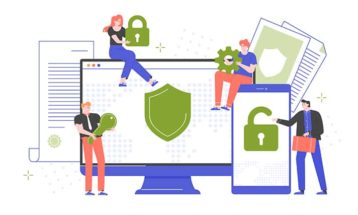
- Avast
- AVG Antivirus
- TotalAV CyberSecurity
- SolarWinds Security Event Manager
- Intruder
- Acunetix
- SecureMac
- Cyber Protect
- NXTsoft
- SiteLock
- Bitdefender
- SolarWinds Access Rights Manager
- Nagios
- Nessus Professional
- Malwarebytes
- Wire shark
- Vipre
- Webroot
- Mimecast
- Nmap
What Are the Best Cybersecurity Companies?
A major benefit of modern times is that cybersecurity companies are constantly springing up and are competing with each other to provide the best protection at the best price. The growth of cyberattacks has made the need for these companies more severe, and these companies are rising to meet that need. A list of the best cybersecurity companies is given below.
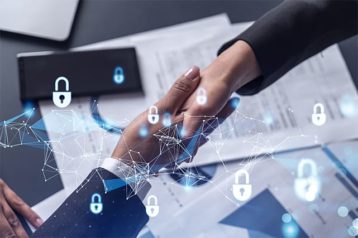
- Microsoft
- QAwerk
- ScienceSoft
- Cipher CIS
- HackerOne
- Intruder
- Vipre
- Symantec
- Imperva

